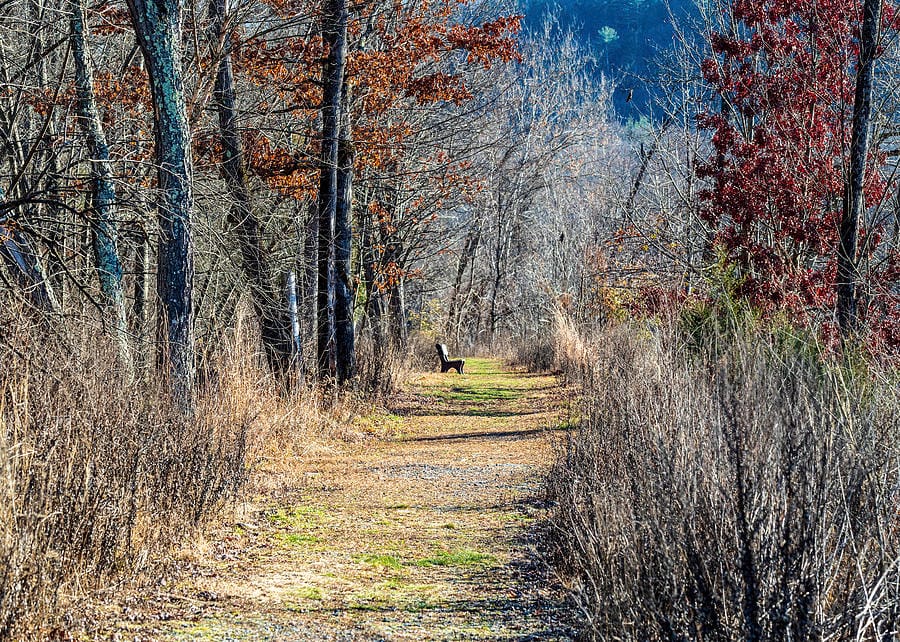The recent emergence of avian influenza has raised significant concerns within the wildlife community following a devastating outbreak at a sanctuary in Washington State. In an unfortunate turn of events, 20 big cats, including tigers and lions, have succumbed to the virus, prompting immediate quarantine measures at the facility. This incident highlights the potential risks posed by zoonotic diseases and the importance of biosecurity protocols in wildlife management.
The sanctuary, known for its conservation efforts and commitment to the welfare of big cats, reported the outbreak after several animals displayed symptoms consistent with avian influenza. Symptoms included respiratory distress and sudden lethargy, which alarmed the staff and prompted swift action. Veterinary teams were dispatched to assess the situation, and despite their efforts, 20 of the cats did not survive.
In response to the outbreak, the sanctuary has implemented a strict quarantine to prevent any further spread of the virus. This measure is not only crucial for the health of the remaining animals but also serves as a precautionary step to safeguard other wildlife in the region. The sanctuary is working closely with local and federal health authorities, including the U.S. Department of Agriculture (USDA), to monitor the situation and conduct thorough testing.
Avian influenza, commonly referred to as bird flu, primarily affects birds but can also infect mammals, including felines. The strain responsible for the current outbreak is believed to have originated from wild birds, which can carry the virus without showing symptoms. This underscores the interconnectedness of wildlife and the potential for diseases to cross species barriers. The sanctuary is now focused on understanding how the virus entered their facility and the steps necessary to prevent future occurrences.
Veterinary experts emphasize the importance of biosecurity measures in wildlife sanctuaries, particularly those housing species that may be susceptible to avian influenza. These measures include regular health screenings, vaccination protocols, and controlled access to minimize contact with wild birds. The sanctuary is reviewing its biosecurity practices to enhance its preparedness against similar outbreaks in the future.
The loss of these 20 big cats is not only a tragedy for the sanctuary staff and volunteers but also for conservation efforts aimed at protecting these magnificent animals. Each of the cats that perished represented a unique story and a commitment to conservation. The sanctuary has expressed its deep sorrow over the loss and is dedicated to ensuring the well-being of the remaining animals.
As the quarantine continues, the sanctuary remains hopeful that the health of the other big cats will stabilize. Staff members are closely monitoring the remaining animals for any signs of illness and are providing them with the necessary care and attention. The sanctuary has also increased its communication with the public to keep them informed about the situation and the measures being taken to protect the wildlife.
Public awareness is crucial in addressing the challenges posed by zoonotic diseases like avian influenza. Educational initiatives aimed at informing the public about the risks and prevention strategies can play a vital role in reducing the likelihood of future outbreaks. The sanctuary is committed to sharing information and resources to promote awareness and understanding of the complexities surrounding wildlife health.
In the wake of this tragic incident, the sanctuary is also calling for support from the community and animal lovers alike. Donations and assistance can help bolster their efforts to care for the remaining animals and enhance their biosecurity measures. The sanctuary’s dedication to conservation and animal welfare remains steadfast, and they are determined to recover from this setback.
As investigations continue and health assessments are conducted, the sanctuary is hopeful for a positive outcome. The resilience of wildlife and the dedication of those who work tirelessly to protect them are essential in navigating the challenges posed by diseases like avian influenza. The sanctuary’s commitment to its mission remains unwavering, and it aims to emerge from this crisis stronger and more prepared for the future.


